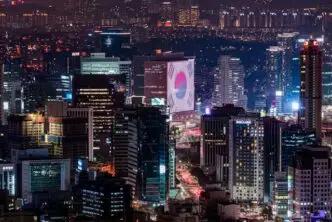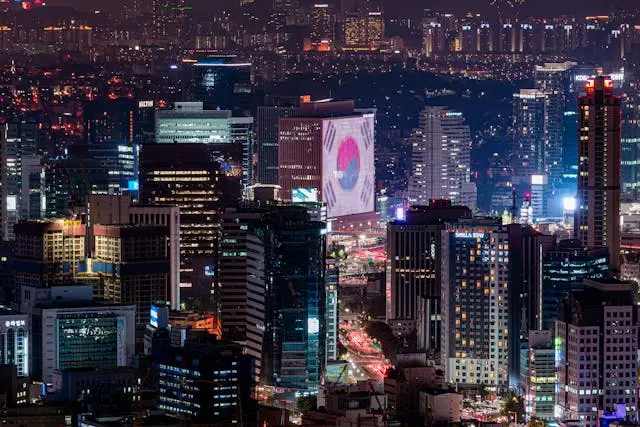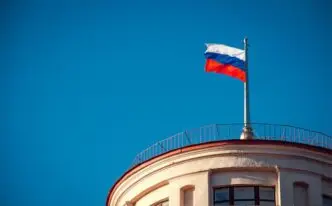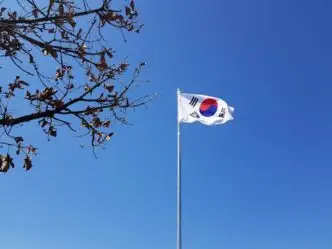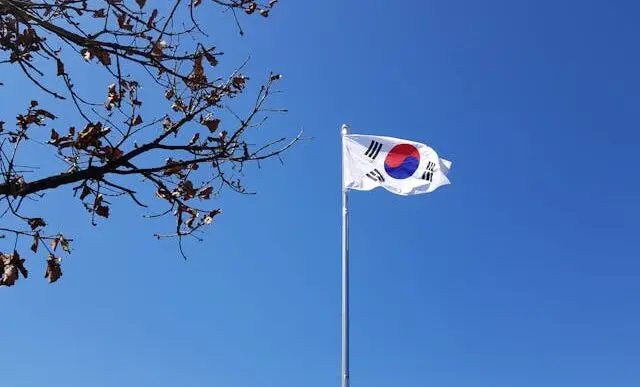A South Korean court has issued an arrest warrant for the sitting President, Yoon Suk Yeol, charging him over his decision to impose martial law in December. This unprecedented action has sent shockwaves through the nation and the international community, highlighting the deepening political crisis in South Korea.
President Yoon’s controversial decision to impose martial law came amid escalating civil unrest across the nation. However, critics have argued that the move was an unconstitutional overreach of executive power, leading to widespread calls for his impeachment and prosecution.
Unprecedented Legal Action
While South Korea has a history of former Presidents facing legal troubles post their tenure, the arrest of a sitting President is unprecedented. The issuance of an arrest warrant against President Yoon marks a significant political moment for South Korea, indicating a potential shift in the country’s political landscape and a growing intolerance for perceived abuses of power.
The South Korean court’s decision comes after extensive deliberations and legal proceedings. The court, in its official statement, expressed that there was considerable evidence pointing towards the President’s misuse of power, and that the severity of the allegations necessitated his arrest.
The Controversial Martial Law Decision
President Yoon Suk Yeol’s decision in December to impose martial law came as a response to growing civil unrest in the country. The President argued that the move was necessary to restore law and order and to ensure public safety. However, the decision was met with widespread criticism both domestically and internationally.
Opposition parties, civil society organizations, and legal scholars challenged the constitutionality of the move, arguing that the President had overstepped his powers. Critics claimed that the imposition of martial law was a tactic to suppress dissent and centralize power, and that it had far-reaching implications for democratic governance in South Korea.
Political Implications and Public Response
The arrest warrant against President Yoon has further deepened the political crisis in South Korea, with potential implications for the upcoming Presidential election. While supporters of the President see the court’s decision as a politically motivated attack, opponents argue that it is a necessary step to uphold the rule of law and to protect democratic institutions.
The public response has been mixed, with protests for and against the President continuing throughout the country. The ongoing political crisis has exposed deep divisions within South Korean society, with many calling for a thorough examination of the power dynamics within the nation’s political system.
International Repercussions
The international community has been closely monitoring the situation in South Korea, with the United Nations and other international bodies expressing concerns over the imposition of martial law and the subsequent arrest warrant against the President. The crisis has raised questions about the stability of South Korea, a key ally of Western nations in the Asia-Pacific region, and a cornerstone of democratic values in the area.
As the situation continues to unfold, the world watches on with bated breath, waiting to see how South Korea will navigate this unprecedented political crisis. The outcome of this situation has the potential to not only shape the future of South Korea but also to influence the balance of power in the Asia-Pacific region.

